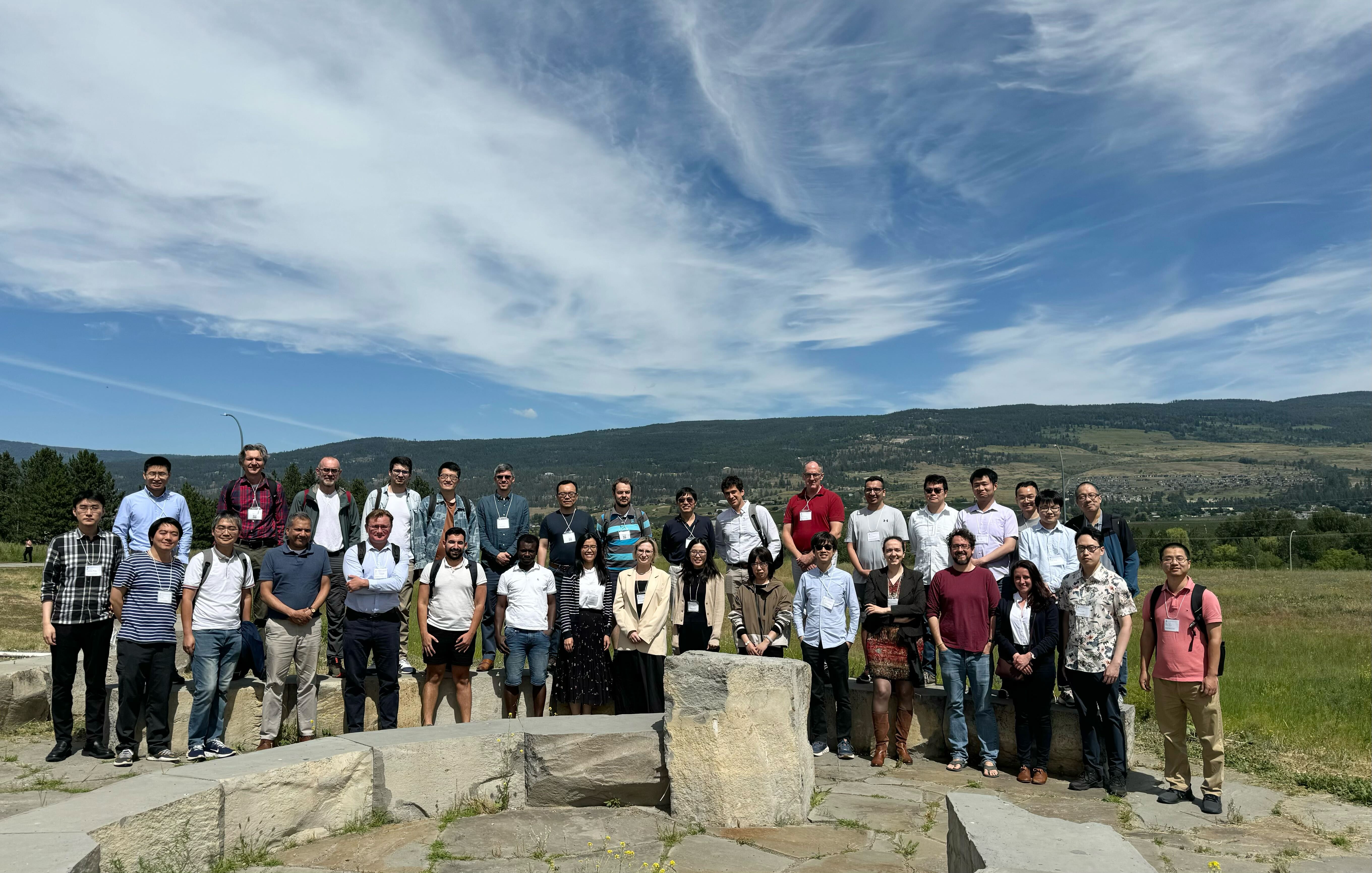New Trends and Challenges in Stochastic Differential Games (24w5277)
Organizers
Jinniao Qiu (University of Calgary)
Pierre Cardaliaguet (Paris Dauphine-PSL University)
Miryana Grigorova (University of Warwick)
Thibaut Mastrolia (UC Berkeley)
Jianfeng Zhang (University of Southern California)
Description

The Banff International Research Station will host the “New Trends and Challenges in Stochastic Differential Games” workshop at the UBC Okanagan campus in Kelowna, B.C., from June 23 - 28, 2024.
Workshop Report - Click here to download
In today's dynamic and complex world, competitions, conflicts, and interactions exist everywhere, ranging from economic competition among countries to stock market decisions. The modern game theory introduced by Von Neumann and Morgenstern in the 1940s paves a way for us to analyze such situations rigorously with the help of beautiful mathematics; the importance of this subject finds its way into popular culture, for instance through the American drama film "A Beautiful Mind" about the life and work of mathematician and 1994 Nobel prize winner John Nash, whose contributions on games led to a notion of game equilibrium, bearing his name. When the states in the game are governed by differential equations subject to noises, we refer to it as a stochastic differential game. Recently, some interesting classes of stochastic differential games have arisen from applications, which, in turn, have initiated new trends and posed new challenges.
This workshop will bring together applied mathematicians who work on different aspects of stochastic differential games to discuss the recent achievements and challenges in light of new trends.
The Banff International Research Station for Mathematical Innovation and Discovery (BIRS) is a collaborative Canada-US-Mexico venture that provides an environment for creative interaction as well as the exchange of ideas, knowledge, and methods within the Mathematical Sciences, with related disciplines and with industry. BIRS is supported by Canada’s Natural Science and Engineering Research Council (NSERC), the U.S. National Science Foundation (NSF), Alberta’s Advanced Education and Technology, and Mexico’s Consejo Nacional de Ciencia y Tecnología (CONACYT).





